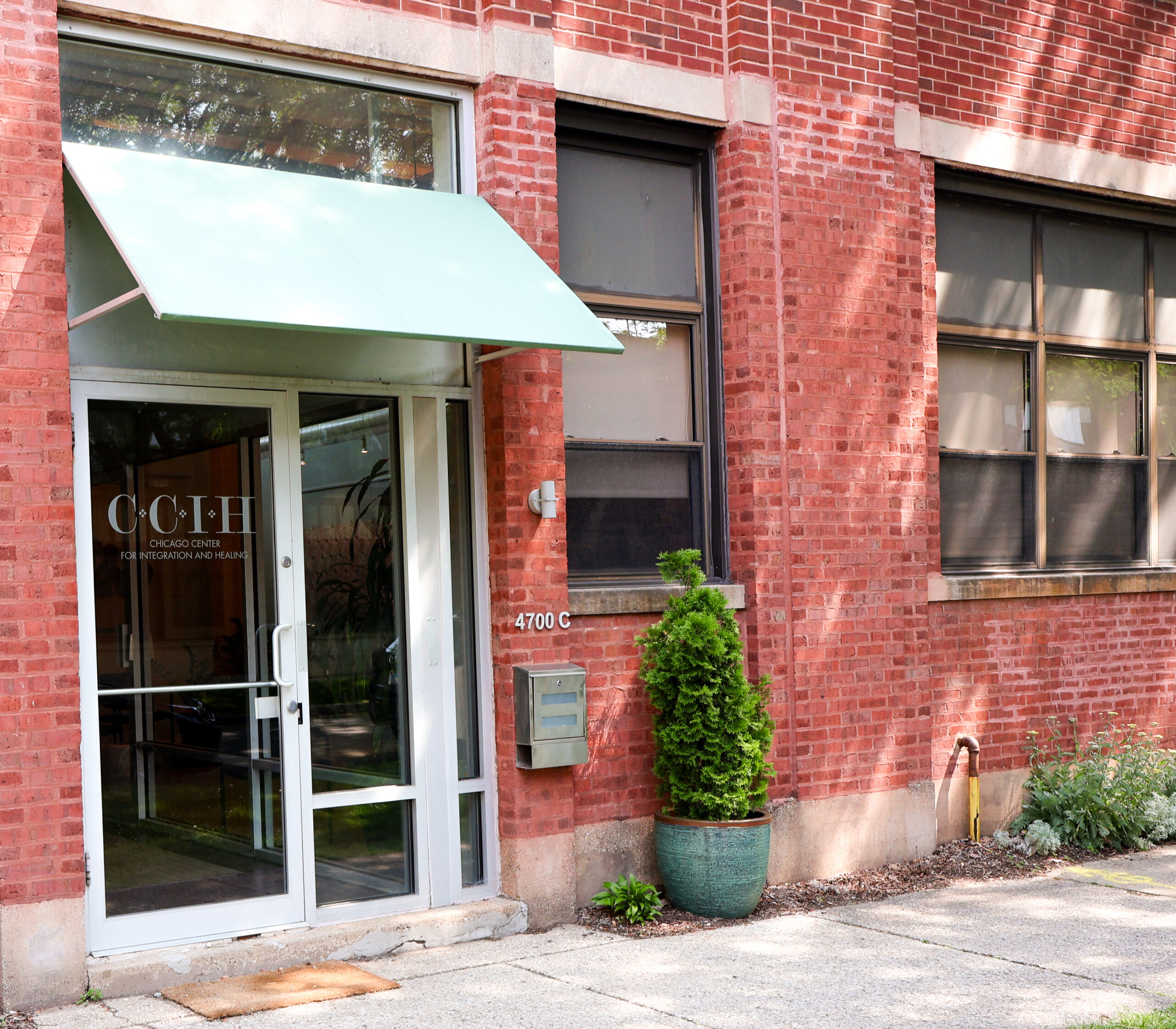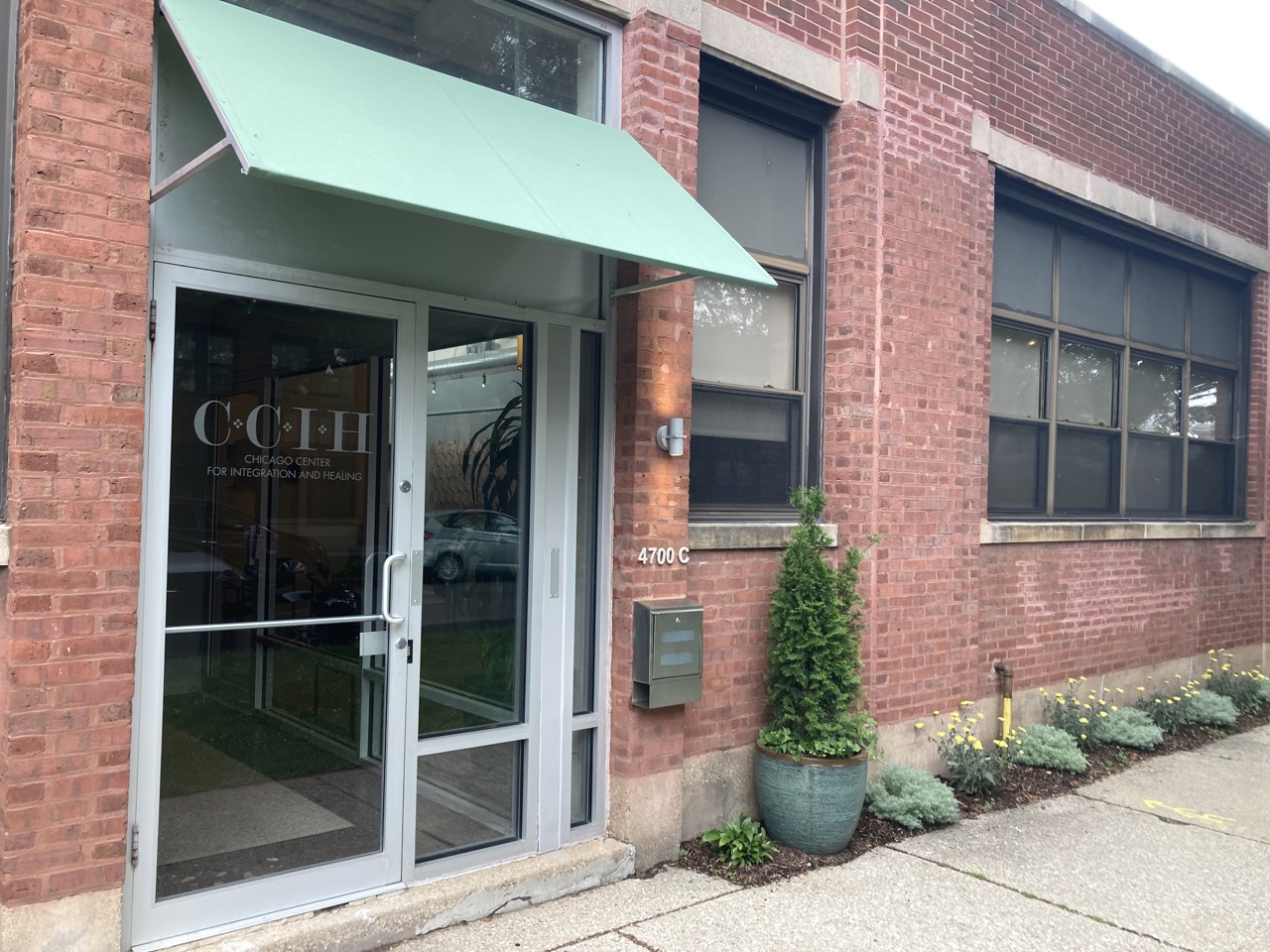From the beginning of our psychological thinking there have been those who have thought about the impact of traumatic events. However, in the 1990’s, advances in brain imaging radically changed the way we could gather information. We were able to learn, with much greater detail, how certain kinds of events affect our brains. Many interventions and methods have been developed to incorporate this information. This neurobiological research and many important attachment studies have been integrated into psychotherapy in a variety of ways that are more holistic and scientifically-based than ever before.
We have learned a tremendous amount about the effects of adverse experience on the developing child. A groundbreaking study by the CDC, the ACEs study indicated that children who experienced aversive events were at great risk for chronic disease, mental illness, violence and being victims of violence. In addition to learning a great deal about the pervasive effects of trauma, we have also learned that our brains and bodies have a tremendous capacity to heal. A trauma-informed approach can restore balance and flexibility, not only to reduce symptoms, but so that we can have richer lives in the present moment.
One of most important things we have learned is this importance of involving the body in treatment. One of the pioneers in trauma research and treatment, Bessel Van der Kolk, has said, “Trauma victims cannot recover until they become familiar with and befriend the sensations in their bodies.” (Van Der Kolk, 2014) However, if you have had a history of painful or overwhelming experiences in your body, mindfulness exercises or embodiment practices can feel very scary and anxiety-provoking. A trauma-informed approach supports trauma survivors in entering their body in a gentle, safe and regulated way. When our system is organized around survival, our resources are taken away from creativity, enlivenment and relationship. When folks are able to connect with their inner experience in a flexible and manageable way, this brings the brain structures back into a balance of the fight/flight system–to move out of survival mode and into thriving mode.
A trauma-informed approach also necessarily includes the importance of working within each individual’s Window of Tolerance. This concept, coined by Daniel Siegel and developed by Pat Ogden, refers to the unique optimal “zone of arousal” that each of us has . I Within the window of tolerance, we are able to take in and process information, and our brains are able to sense that we are safe. Individuals are taught to recognize when they are in their Window of Tolerance and which strategies that help then return to a sense of safety when they feel threatened or agitated. Any treatment that occurs when a person is outside their Window of Tolerance is at best ineffective and runs the risk of retraumatizing the individual.
There have been several treatment methods that have been developed to integrate this trauma-informed knowledge, including, Sensorimotor Psychotherapy, Somatic Experiencing and EMDR. Each of these methods have made significant contributions to psychotherapy. However, there is no one method or technique that is the magic fix. A trauma-informed therapist is one who deeply understands the effects of trauma and has integrated this awareness into a comprehensive treatment that recognizes that each person is unique and on their own individual healing journey. There is not a “one size fits all” treatment or technique. All techniques need to be integrated into a way of thinking about and treating the whole person. We are not only made up of the bad things that have happened to us. A trauma-informed approach focuses on the resources and creative strategies that we have developed in order to survive, and builds on them in order to develop more peace and connection in the present moment.
Our trauma-informed research has also highlighted how essential the therapeutic relationship is in any healing journey. The events of the past can get “stuck in time” in our memory. We cannot change what happened in our past; however, when we re-experience that pain in the presence of a present, attuned person, it is forever changed.
Trauma also has a devastating impact on our society, from police violence in our city, to the impact of war, to the effects of abuse and violence on children. We cannot deny that abuses of power lead to much human suffering. Sexism, racism, homophobia and transphobia wear at the fabric of our connections and lead to harm, isolation, and injustice. Responding to and transforming the effects of trauma and oppression in each of us is essentially a sociopolitical act, changing both us and the world around us.
With all we have learned, we are equipped with the knowledge and resources to support each person as they journey toward recovery and healing, and to change systems and structures so that they can support this healing.
Amy Zajakowski Uhll, LCPC
Director
Chicago Center for Integration and Healing








